High coffee prices have benefited farmers, but also caused contract defaults and supply disruptions.
The European Union Deforestation Regulation (EUDR), climate change and shifting consumer demand are placing new demands on coffee-producing countries, especially Vietnam – the world’s second-largest coffee exporter.
Reduce output, increase value
According to the Vietnam Coffee and Cocoa Association (Vicofa), in the 2023-2024 crop year, Vietnam's total coffee export volume will reach about 1.45 million tons, with a turnover of nearly 5.43 billion USD. Compared to the previous crop year, output decreased by 12.7%, but value increased by 33% thanks to high coffee prices. The average export price reached 3,673 USD/ton, up nearly 50% compared to the 2022-2023 crop year. Vietnam's main export markets are still the EU (41%), the US (6%), Japan (10%), South Korea (7%) and China (5%). The EU continues to be the largest market, affirming the importance of this region to the Vietnamese coffee industry.
However, the 2023-2024 crop year also recorded unprecedented price fluctuations in the history of the coffee industry. Mr. Thai Anh Tuan, General Director of 2-9 Coffee Company Limited (Simexco Dak Lak ), said that the high coffee prices have benefited farmers, but also caused contract defaults and supply disruptions. This has created many difficulties and risks for exporting enterprises that have committed to selling to international customers. In addition, importing countries are increasingly applying stricter standards on quality and production processes, creating opportunities for enterprises to produce high-quality coffee but at the same time posing a big challenge for products that do not meet the standards.
The European Union Deforestation Regulation (EUDR), which will come into effect on December 30, 2025 for large companies and June 30, 2026 for small and medium-sized companies, is having a major impact on the global coffee industry. According to Trinh Duc Minh, Chairman of the Buon Ma Thuot Coffee Association, the EUDR will directly and indirectly affect world coffee prices. Exporters must ensure that coffee comes from regions that have not contributed to deforestation after December 31, 2020, requiring transparent supply chains and compliance with new monitoring requirements.
The EUDR will impact coffee supplies to Europe, especially for major producing countries such as Vietnam, Brazil, Colombia and Indonesia. If producers fail to meet the EUDR requirements, coffee supplies to the EU could be restricted, leading to a reduction in global supply and a rise in coffee prices. Conversely, the costs of complying with the EUDR – from the application of traceability technology, forest monitoring to certification – will increase product costs, affecting prices on the world market. However, if many countries fail to meet the regulations, they may divert exports to less demanding markets such as the US or China, leading to oversupply in these markets and potentially lowering local prices.
Ms. Vanusia Nogueira, Executive Director of the International Coffee Organization (ICO), forecasts that global coffee consumption will increase by 0.9-3.4% per year, equivalent to 8-30 million bags (60kg/bag). However, the global coffee industry is facing many difficulties, including volatile prices, limited land for production, the impact of climate change and strict legal regulations such as EUDR. These factors require producing countries to quickly adapt to maintain their position in the market.
Vietnam’s coffee industry, which is characterized by small-scale production, is facing many challenges in meeting the requirements of the EUDR. Mr. Nguyen Quoc Manh, Deputy Director of the Department of Crop Production and Plant Protection ( Ministry of Agriculture and Environment ), said that the area of small-scale farms in Vietnam is not the same as Brazil, which has large-scale growing areas. The cost of certifying small-scale growing areas is very high, especially when Vietnam’s forest mapping system is not unified among provinces. This makes it difficult to identify safe coffee areas for export to the EU.
In addition, about 15-20% of coffee areas in Vietnam still do not have land use rights certificates, complicating the process of proving legality under EUDR regulations. To address this issue, the Ministry of Agriculture and Environment has coordinated with localities to complete forest status maps, helping to clearly identify coffee areas that do not encroach on forest land. Over the past year, the Ministry has developed EUDR adaptation plans, issuing two interim guidelines in February 2025 for the coffee, rubber and wood industries. This is a premise for businesses and localities to implement EUDR adaptation contents, ready to export coffee to the EU from January 2026.
To adapt to the EUDR and the increasingly high demands of the international market, the Vietnamese coffee industry needs to synchronously deploy many solutions. First of all, building a transparent traceability system is the core factor. Mr. Nguyen Quoc Manh emphasized the role of enterprises in being responsible for tracing the origin of products exported to the EU. The Ministry of Agriculture and Environment will continue to coordinate with localities and enterprises to support people and enterprises to ensure transparency and fully comply with EU regulations.
Second, Vietnam needs to invest in technology and digital transformation to monitor and manage its growing areas. Solutions such as the use of global positioning systems (GPS) and satellite imagery can help monitor deforestation risks, ensuring that coffee exports are not linked to deforestation activities after 2020. IDH, an organization supporting sustainable development, is working with the Ministry of Agriculture and Environment to build a growing area information system, with plans to complete digital mapping of 80% of the coffee area by the end of 2024 and 100% by 2025.
Third, awareness and capacity building need to be done among farmers, especially smallholders. Training, technical and financial support programmes need to be implemented to help farmers adopt sustainable farming methods, reduce their dependence on chemical fertilizers and pesticides, and meet international quality and environmental standards.
Finally, Vietnam needs to diversify its export markets to reduce its dependence on the EU. Although the EU is the largest market, markets such as the US, China, Japan and South Korea also have great potential. Expanding markets will help reduce the risk of a market applying strict regulations such as the EUDR, while taking advantage of opportunities from free trade agreements (FTAs) that Vietnam has signed.
Do Huong
Source: https://baochinhphu.vn/nganh-ca-phe-thach-thuc-tu-eudr-va-dinh-huong-phat-trien-ben-vung-102250422171643603.htm


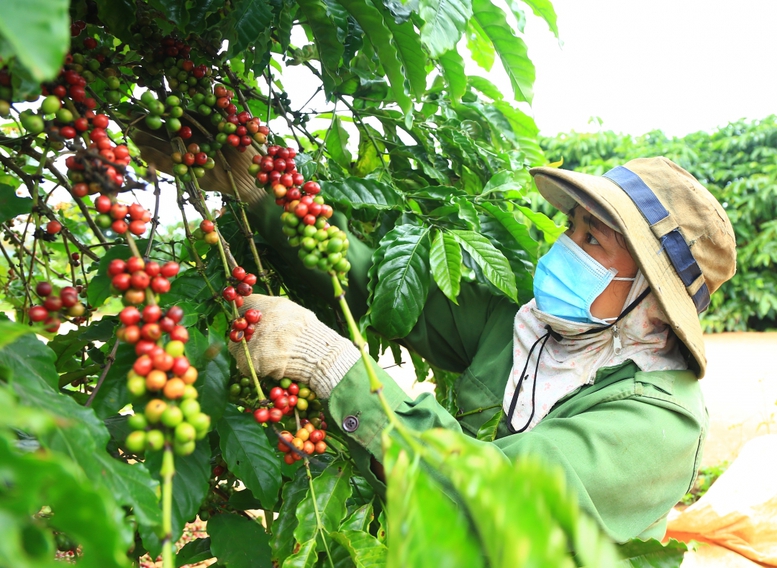


![[Photo] Prime Minister Pham Minh Chinh chairs meeting on draft Resolution of National Assembly on International Financial Center in Vietnam](https://vphoto.vietnam.vn/thumb/1200x675/vietnam/resource/IMAGE/2025/5/22/d398664ff1a140629169ea5a24e1b4d0)
![[Photo] Prime Minister Pham Minh Chinh chairs the Government's special meeting on law-making in May](https://vphoto.vietnam.vn/thumb/1200x675/vietnam/resource/IMAGE/2025/5/22/1c880aae96fd4e0894abc47a46fe19ba)
![[Photo] Press delegation meeting to visit Truong Sa and DK1 Platform](https://vphoto.vietnam.vn/thumb/1200x675/vietnam/resource/IMAGE/2025/5/22/6b8d232877ec421a9e8187d83b9f8006)
![[Photo] General Secretary To Lam chairs a working session with the Central Internal Affairs Commission](https://vphoto.vietnam.vn/thumb/1200x675/vietnam/resource/IMAGE/2025/5/22/3b7790f499da45b2803d8ae253207ef1)








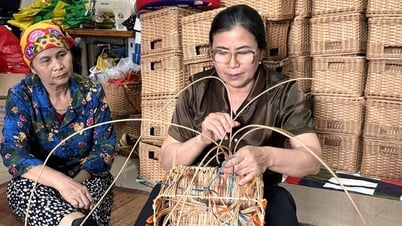




































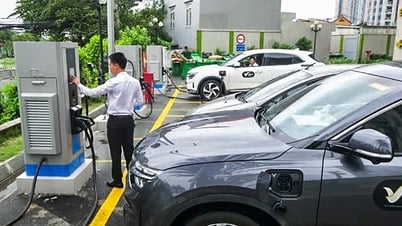














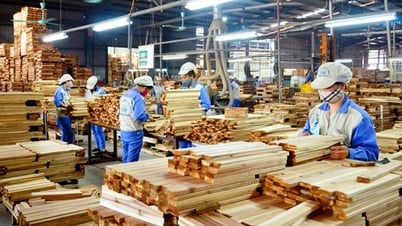

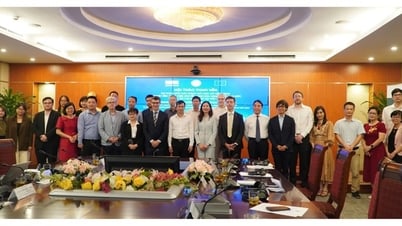



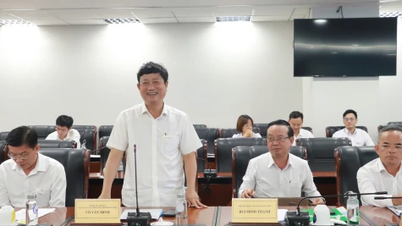

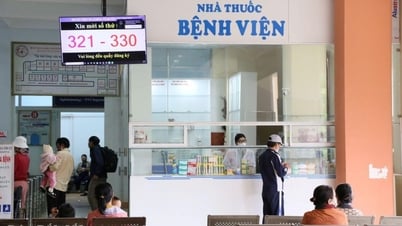








![[Podcast] Week introducing more than 500 OCOP products in Hanoi](https://vphoto.vietnam.vn/thumb/402x226/vietnam/resource/IMAGE/2025/5/22/d144aac2416744718388dbae3260e7fd)




Comment (0)